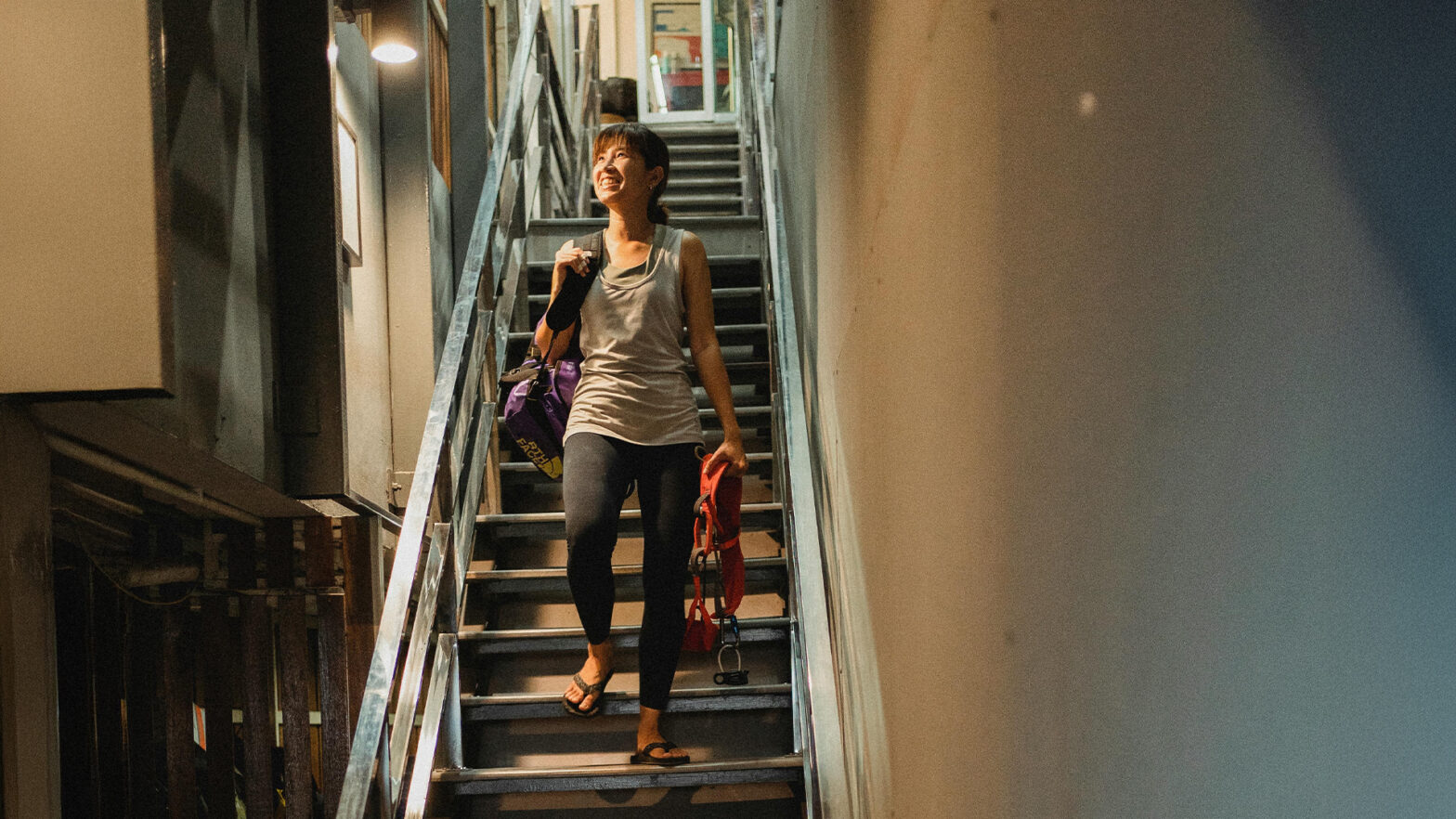
As part of Mental Health Awareness Week 2019, accountancy firm Nixon Williams has produced a list of top tips for contractors in partnership with the Samaritans
Specialist contractor accountancy provider Nixon Williams has drawn up a list of seven mental health and wellbeing tips specifically for freelancers, contractors and consultants to coincide with Mental Health Awareness Week 2019.
The tips have been created in partnership with the Samaritans ‘ the firm’s chosen charity partner for the year ‘ and are designed to help prevent isolation and loneliness amongst workers who can often find themselves spending time away from home, on their own and working in new environments.
Mental Health Awareness Week runs from 13-19 May and aims to inspire action to promote the message of good mental health for all, whilst also helping to build more awareness of what to look for when it comes to mental health issues.
James Lawton-Hill, Director of Marketing at Nixon Williams, said: ‘Traditionally, contractors have less professional support around them as they’re not always able to access the services offered by the companies they work with, which can make them vulnerable to workplace stress.
‘They often have no immediate access to teammates, line managers or HR to fall back on when times get tough, and it can sometimes be difficult to know where to turn for help.
‘We’ve produced these seven tips for contractors in partnership with the Samaritans to coincide with Mental Health Awareness Week, but our support goes beyond just this one week.
‘Working with the team at the Samaritans, we’re committed to doing more to promote better mental health for the UK’s self-employed workforce, who are such a vital component of our economy.’
The seven tips have been published on a dedicated website, set up in partnership with Samaritans to support contractors with ideas of where to seek help when times get tough – https://www.nixonwilliams.com/free-resources/contractor-support
The top tips are as follows:
1. Instead of emailing another person in your office, get up and talk to them or schedule a meeting. If that proves difficult because colleagues are in a different location, try a phone call, Skype or FaceTime meeting instead to boost your social interaction.
2. Make sure you have a proper lunchtime, take breaks regularly and have a routine for stopping work at the end of the day. It’s easy to let these things slide when you’re trying to impress at work but it’s important to try and maintain a good work-life balance.
3. Don’t say yes straight away to new work. Take some time to think it through and figure out if you can realistically fit it in to your current work and life schedule.
4. Leave work on time at least two nights a week by arranging to meet a friend ‘ or if you have children, by taking the kids to a class. Put it in your work diary so you stick to it.
5. If you’re working in an office environment, remember that your inbox will always be full. So, don’t try and clear everything in a day. And when possible, don’t answer emails as soon as they pop up.
6. Keep track of your strengths and accomplishments. Set up a folder where you save positive emails from employers, colleagues and clients.
7. Avoid constantly checking your emails. Turn off alerts and check them every few hours so you can get on with your work. Email is not an objective or an outcome!
Nixon Williams, which has its headquarters in Blackpool, provides accountancy services for freelancers, contractors and consultants, and as part of its Samaritans link-up is committed to producing to promoting better mental health for the UK’s self-employed workforce.
A recent report by Business in the Community found that 60% of people have experienced a mental health issue where work was a contributory factor.
The study also found that mental health issues such as stress, depression and anxiety contribute to around 15.8 million days of sickness absence each year, with work-related mental health costing UK employers £35 billion a year.
Samaritans was founded in 1953 in London and partners with organisations to support those in need. They have 201 branches across the UK and every six seconds, someone contacts them for help.
Ruth Sutherland, CEO of Samaritans, said: ‘Self-employed workers in the UK can be under a lot of pressure ‘ whether that’s through trying to impress in a contracting role, a freelance project or growing their own business ‘ and often they may feel that they have no-one they can talk to about their professional worries.’
‘This can lead to stress and problems with mental health so it’s vital that we try to look for ways to prevent that happening and ensure that effective, accessible and relevant support is available when people need it.’


















